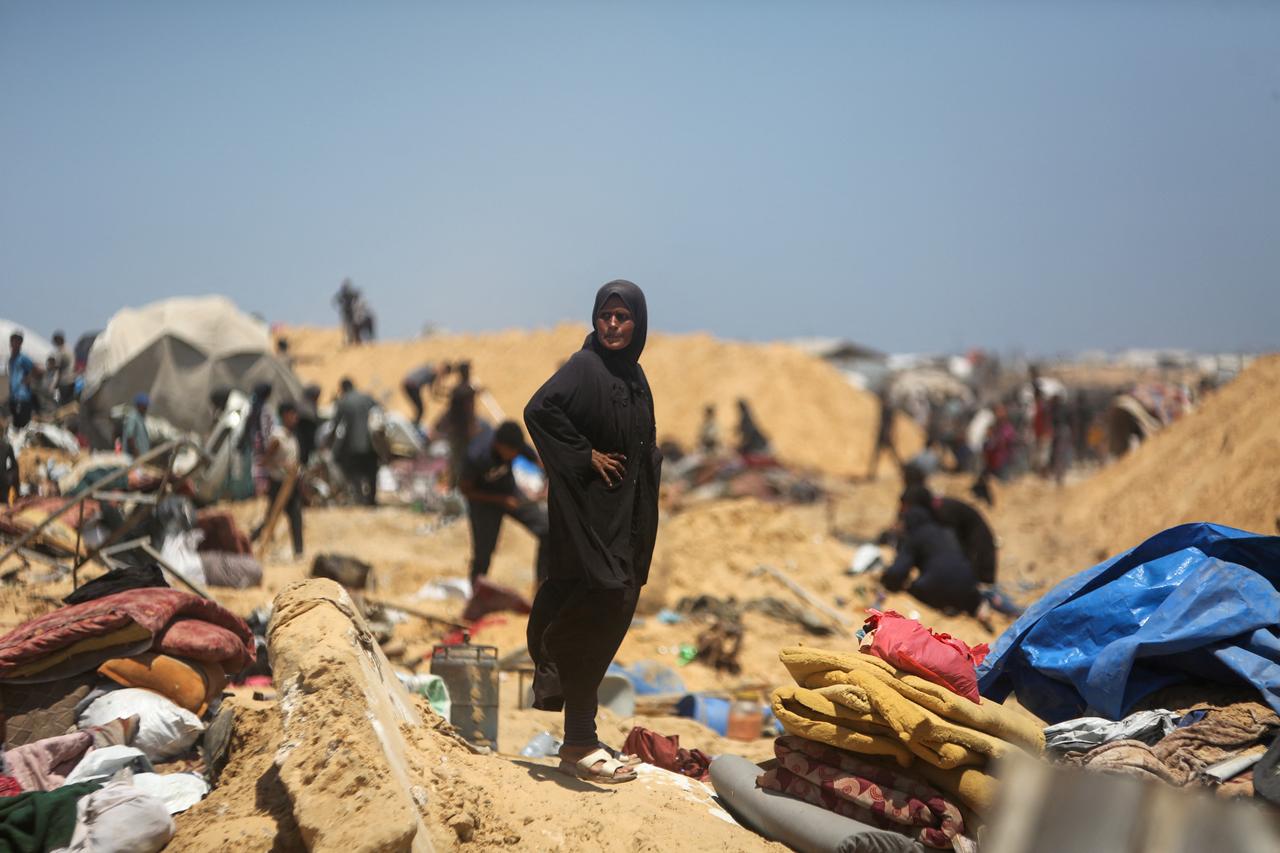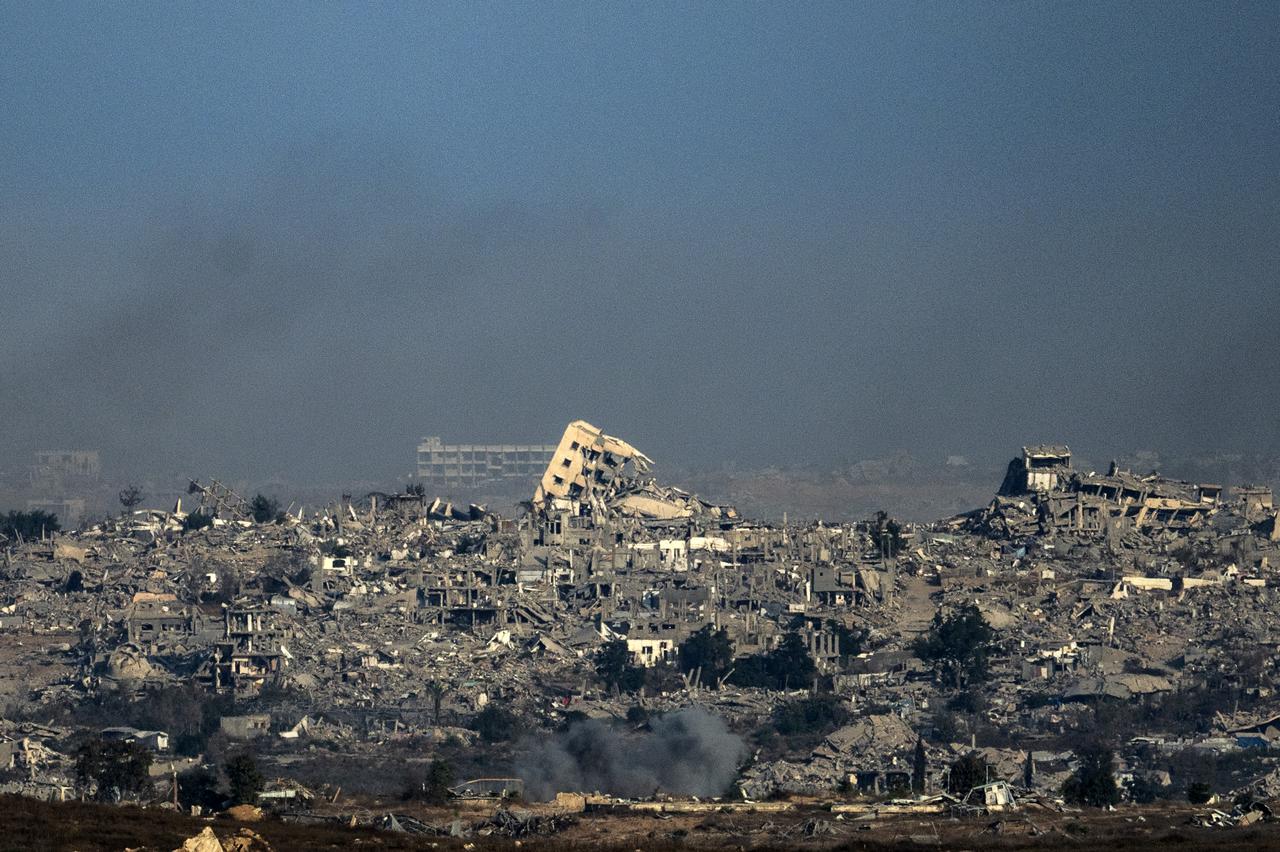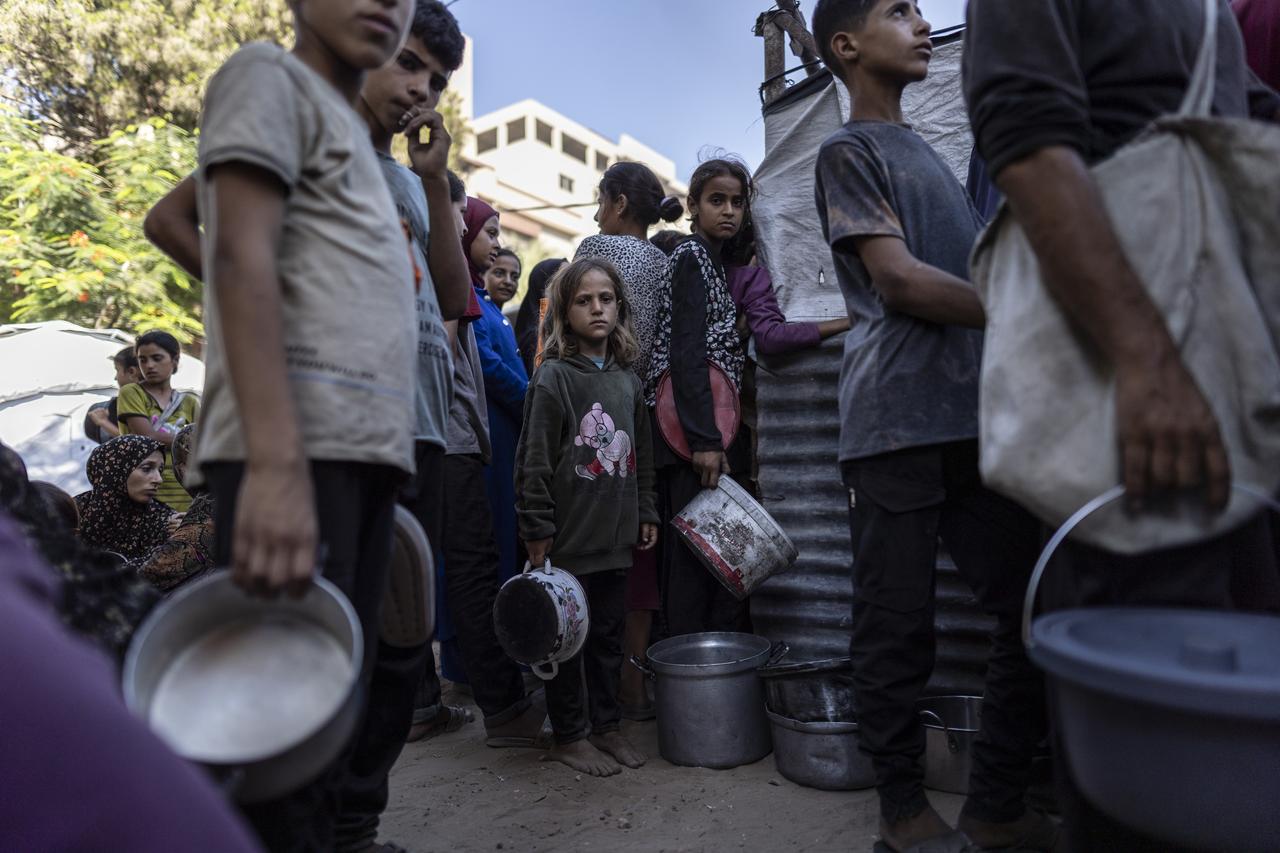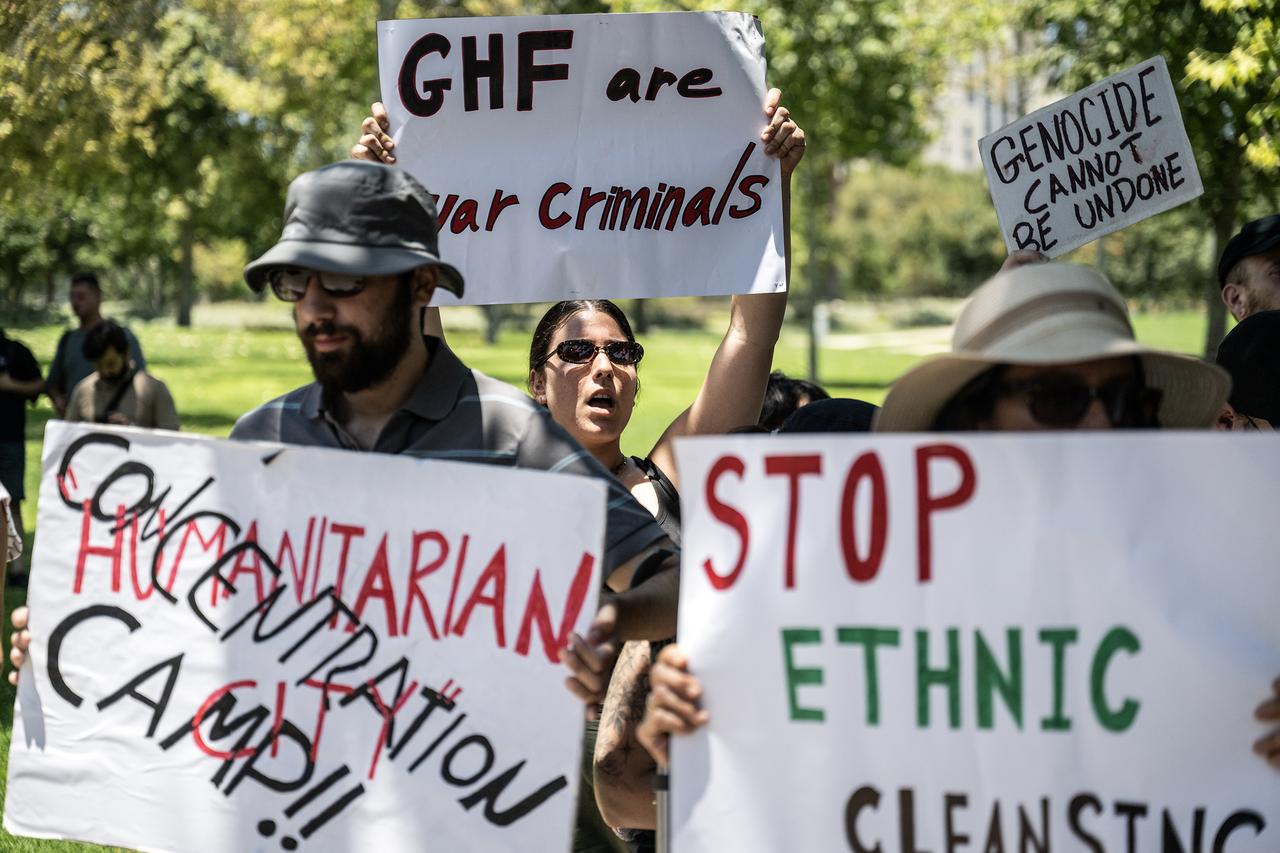
Negotiations between Israel and Hamas for a new Gaza cease-fire and hostage release deal are on the brink of collapse, according to Palestinian officials familiar with the discussions speaking to BBC and Reuters Saturday.
Disputes over Israeli military withdrawal plans and humanitarian aid distribution threaten to derail the talks.
Palestinian sources told multiple news outlets that Israel's proposed withdrawal maps would leave approximately 40% of Gaza under Israeli control, a condition Hamas has rejected as unacceptable.
Diplomats in Doha warn that without immediate and substantial progress, the fragile talks may collapse.
"This process is hanging by a thread," one regional official told Agence France-Presse (AFP). "Unless something changes dramatically and quickly, we may be heading towards a breakdown."

According to officials, the most recent rounds of indirect "proximity talks" in Doha—facilitated by Qatari Prime Minister Sheikh Mohammed bin Abdul Rahman Al Thani, Egyptian intelligence officials, and U.S. envoy Brett McGurk—focused primarily on two major sticking points: humanitarian aid distribution and Israeli troop withdrawal.
Hamas insists that aid be distributed exclusively by United Nations agencies and international organizations as Israel favors the use of the Gaza Humanitarian Foundation (GHF), a mechanism backed by the U.S. and Israel. While mediators reported limited progress on this front, no formal agreement was reached.
The second, and more contentious, issue is the extent of Israel's military pullback. During the fifth round of talks, Israeli negotiators proposed maintaining a "buffer zone" up to 1.5 kilometers inside Gaza. On the other hand, Hamas expressed willingness to discuss this, but later received a map suggesting far deeper military zones—up to 3 kilometers in some areas.
The map outlined continued Israeli presence in major areas including all of Rafah, much of Khuzaa, Beit Lahia, Beit Hanoun, and parts of Gaza City, including Shejaiya and Zeitoun. Hamas officials perceived this as a breach of earlier terms and a sign of bad faith.

Palestinian negotiators accused Israel of using the negotiations to create a favorable diplomatic backdrop for Netanyahu's Washington visit, rather than pursuing a genuine agreement.
"They were never serious about these talks," one senior official told the BBC. "They used these rounds to buy time and project a false image of progress."
Another Palestinian source claimed Israel was implementing a long-term strategy of forced displacement. The official cited Israeli Defense Minister Israel Katz’s recent plan to establish a "humanitarian city" in Rafah as part of an effort to relocate the population.
According to Katz, the facility would initially hold 600,000 Palestinians and eventually accommodate all 2.1 million residents of Gaza. Access would be controlled by Israeli security screening, and residents would not be permitted to leave.
Human rights groups have condemned the plan, calling it a blueprint for mass internment.

Despite mounting tensions, both Israeli and Palestinian sources confirmed that indirect talks are expected to continue. U.S. President Donald Trump's special envoy, Steve Witkoff, who helped shape the latest ceasefire proposal, is set to arrive in Doha this week to join discussions.
Mediators hope his presence will help bridge remaining gaps, especially regarding Israeli troop withdrawal and guarantees for a permanent ceasefire.
Before departing Washington on Thursday, Netanyahu said he remained hopeful an agreement could be reached "in a few days." He said the deal would involve the release of 10 living hostages and over half of the 30 deceased individuals currently held by Hamas, during a proposed 60-day truce.
Israel insists that all hostages be released and Hamas disarmed before agreeing to a long-term ceasefire. Hamas maintains it will not free remaining captives without a comprehensive end to the war.